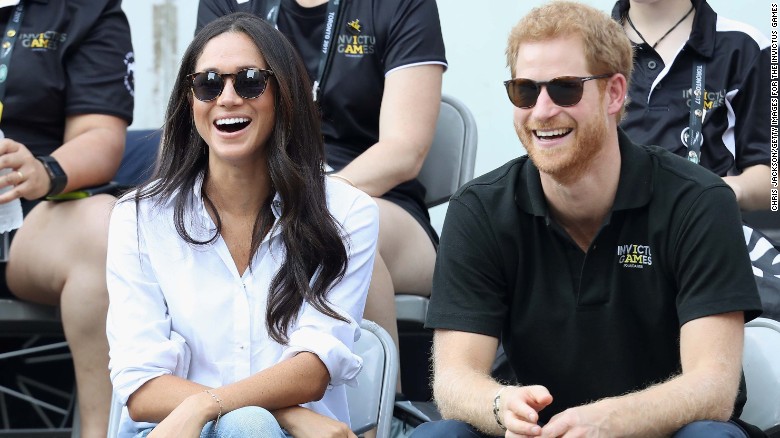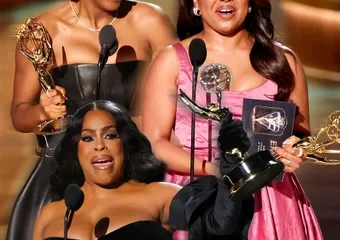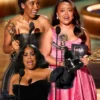Despite her very public career — as an actor, a feminist and a humanitarian — Markle has kept her personal side largely hidden. So who is she?
Markle, 36, grew up in Los Angeles and graduated from Northwestern University with a degree in communications.
Her breakthrough as an actor came in 2011 when she first appeared as ambitious paralegal Rachel Zane in the hit US television series “Suits,” now in its seventh season.
She has also acted in “CSI: Miami,” “90210” and “General Hospital.” Her film roles include Jamie in “Horrible Bosses” (2011) and Megan in “Remember Me” (2010).
In an
article for Elle UK in 2015, Markle wrote about the difficulty of forging a career as a biracial actor. (Her mother is African-American and her father is Caucasian.)
“Being ‘ethnically ambiguous,’ as I was pegged in the industry, meant I could audition for virtually any role,” she wrote.
“Sadly, it didn’t matter: I wasn’t black enough for the black roles and I wasn’t white enough for the white ones, leaving me somewhere in the middle as the ethnic chameleon who couldn’t book a job.”
She spoke highly of the producers of “Suits” who “weren’t looking for someone mixed, nor someone white or black for that matter. They were simply looking for Rachel.”
‘Proud to be a feminist’
“I’m proud to be a woman and a feminist,”
said Markle in a speech at a United Nations conference on International Women’s Day 2015.
She had just been named the UN Women’s Advocate for Political Participation and Leadership.
Her commitment to gender equality began many years earlier, Markle explained. As an 11-year-old she had watched a soap commercial with the tagline “women all over America are fighting greasy pots and pans.”
She described how two boys in her class said loudly in response that women belonged in the kitchen and how the younger Markle, “shocked and angry,” decided to take action. On the advice of her father, she wrote several letters, including one to the soap manufacturer and one to then-First Lady Hillary Clinton.
In the end, she explained, the commercial was changed: The word “women” was removed and replaced with “people.”
















